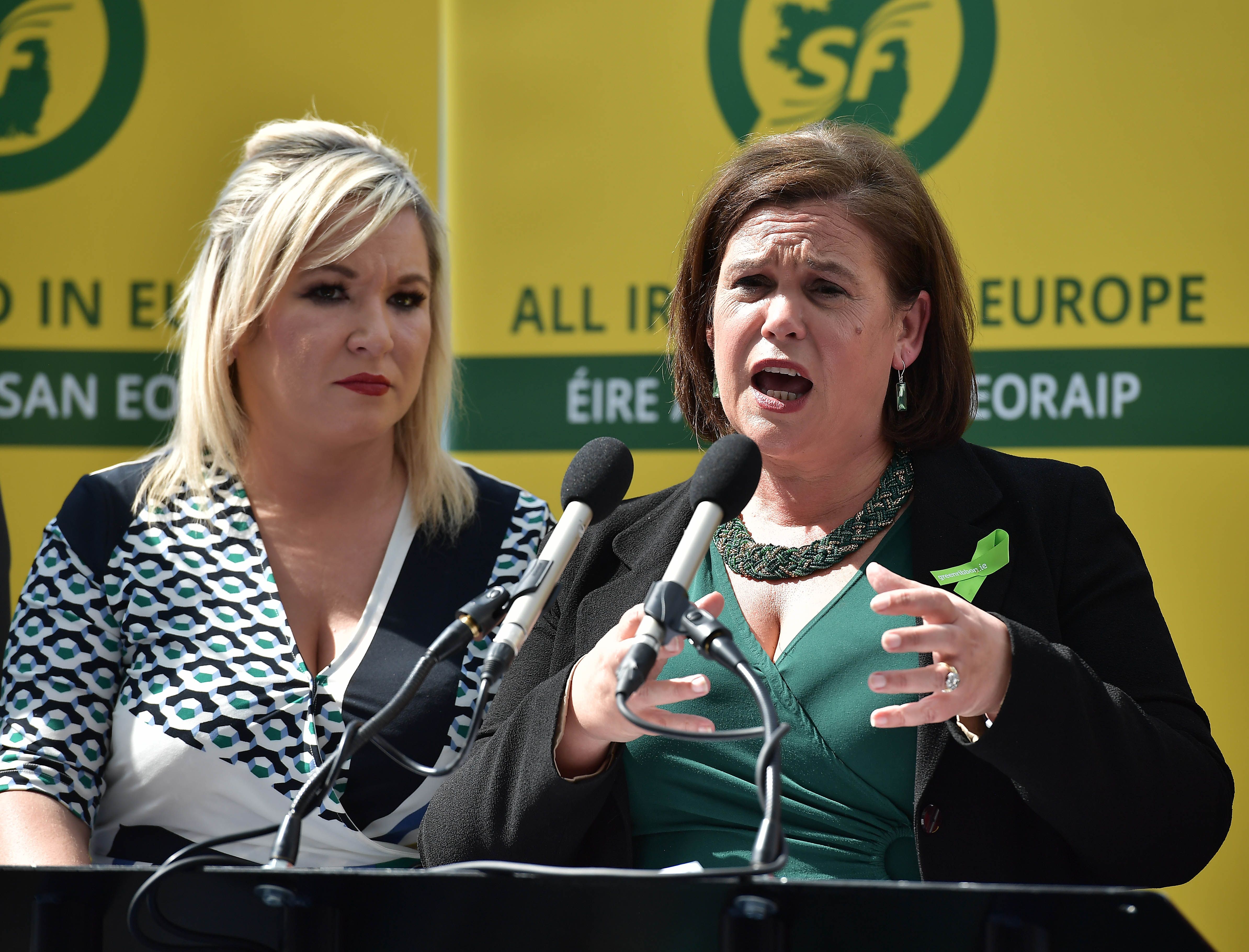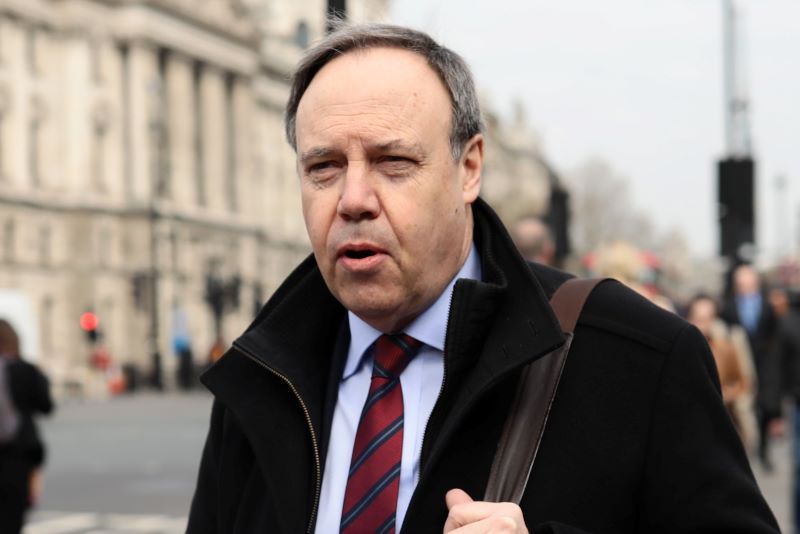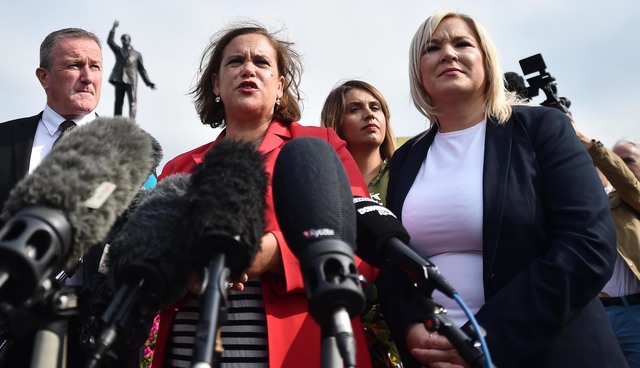With the British election, and a possible Irish election, upcoming how Sinn Féin navigates the choppy waters of Brexit may determine the future of Irish politics.
The Sinn Féin Ardfheis (party political conference) last weekend in Derry decided on a clear course of action which included no ban on entering government in the south if not in the majority party.
Many of the delegates wished for such a ban, arguing that Sinn Féin's policy could not be implemented from a minority role in a coalition with either Fianna Fáil or Fine Gael.
In telling remarks, European MP Matt Carty disagreed and laid out the Sinn Féin list of policies they would need to see implemented if agreeing to take a minority role in government.
Read more: Four in ten people in Great Britain don’t care about Northern Ireland, survey finds
His manifesto for power clearly positions Sinn Féin on the wide-open left-wing arena of Irish politics.
He stated, “We will make the banks and corporations pay their taxes. We will end the rip-off of families and workers.
“We will expand public services ensuring that our health and education systems work for everyone, regardless of their wealth or where they live. We will address historical failures that have created economic inequality and regional imbalance and we will support job creation in every corner of the country. We will unite Ireland.
“These are the standards by which we will judge any government prospects, and if we can’t move towards these objectives then we will not go into government. It is as simple as that.”
The uncompromising tone of that message was reiterated by party leader Mary Lou McDonald, who made it clear that any Irish government would have to commit to a vote on Irish unity within five years for Sinn Féin to be interested.

Sinn Fein Party leader Mary Lou McDonald.
The Brexit debate has been a huge winner for Sinn Féin, suddenly reigniting the issue of Irish unity given the clear contempt that the Tory government has shown for all issues Irish.
But the complex nature of what Brexit will help achieve is on full display within Sinn Féin ranks.
Keep up-to-date with Brexit news on IrishCentral here
The party is more than holding its own in Northern Ireland, and an inspired electoral pact before the upcoming British election appears to promise electoral gains for the party as part of an anti-Brexit alliance.
The possibility of picking off the seat of the despised Democratic Unionist Party Westminster leader Nigel Dodds is more than enough to exercise and engage the grassroots.

Democratic Unionist Party Westminster leader Nigel Dodds.
The story in the Irish Republic is different, however. From being the natural coalition partner for Fianna Fáil or Fine Gael, the party has slipped behind the Greens as the likely minority partner in government.
There is still a shadow of the gunman mentality over Sinn Féin in the minds of many in the Irish Republic who simply will not vote for them.
In that respect, the Greens provide a much safer harbor for the left-wing voters in Ireland, despite the fact that the party had a recent and disastrous period in government when the minority partner during the banking meltdown.
Sinn Féin, Janus-like, have to face both north and south, the only party in Ireland so doing so, with elections coming up in both the Irish Republic and the U.K.
How Sinn Féin navigates those two elections may well determine the future of the party and indeed Irish politics.
Read more: Nigerian-born journalist speaks in fluent Irish of racial abuse she received




Comments